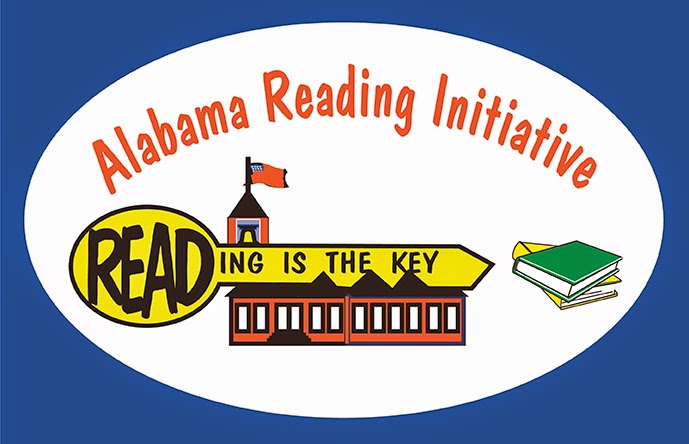Sunday, October 19, 2014
Thursday, October 16, 2014
Assigning/Asking versus Teaching
"Children are routinely asked questions after reading but are infrequently provided with demonstrations of the comprehension strategies needed to answer the questions posed. In short, too often assigning and asking are confused with teaching. (Cunningham, 1998, p. 47)
Are we creating independent readers or dependent readers? Engaged or compliant learners?
For some of us, comprehension instruction looks more like determining students' understanding of a story by asking questions...rather than directing and explicitly teaching comprehension STRATEGIES.
Monday, October 13, 2014
To understand whether
improved student scores are meaningful, educators need to determine whether
teaching has been focused on increasing mastery rather than on changing scores. If students are gaining
mastery, then it will show up in many different places- on other
tests they take or in the quality if their academic work- not just in
their scores on the state's test.
An Introduction to Student-Involved Assessment FOR Learning (6th Edition)
-Rick J. Stiggins, Jan Chappuis
This is a new book to add to my wish list.
"Specific assessment strategies are offered throughout for helping students see the learning target from the beginning and then watch themselves move progressively close over time until they achieve ultimate learning success. Showing how to use assessment to accurately reflect student achievement and how to benefit–not merely grade–student learning, the text examines the full spectrum of assessment topics, from articulating targets, through developing quality assessments and communicating results effectively."~Amazon Book Review
#formativeassessment #assessmentforlearning
#formativeassessment #assessmentforlearning
Monday, October 6, 2014
Student Centered Coaching
In her book, Student-Centered Coaching, Dianne Sweeney believes that the emphasis in using data involves a collaborative effort among department chairs, teachers, and the school leadership. In many cases; a school-based coach is responsible for organizing and creating dialogue about assessment data. Some coaches feel intimidated about bringing data into conversations with teachers because they fear data will make teachers feel nervous or threatened. But when coaches take a student-centered approach, the use of data and student work becomes a natural (and expected) part of the process and teachers often claim that, as a result of the focus on students, coaching feels less personal. The following coaching practices are nonthreatening and are based on creating a culture that collaborates around data; Sorting for differentiation, data teams, and assessment walls.
Subscribe to:
Posts (Atom)






